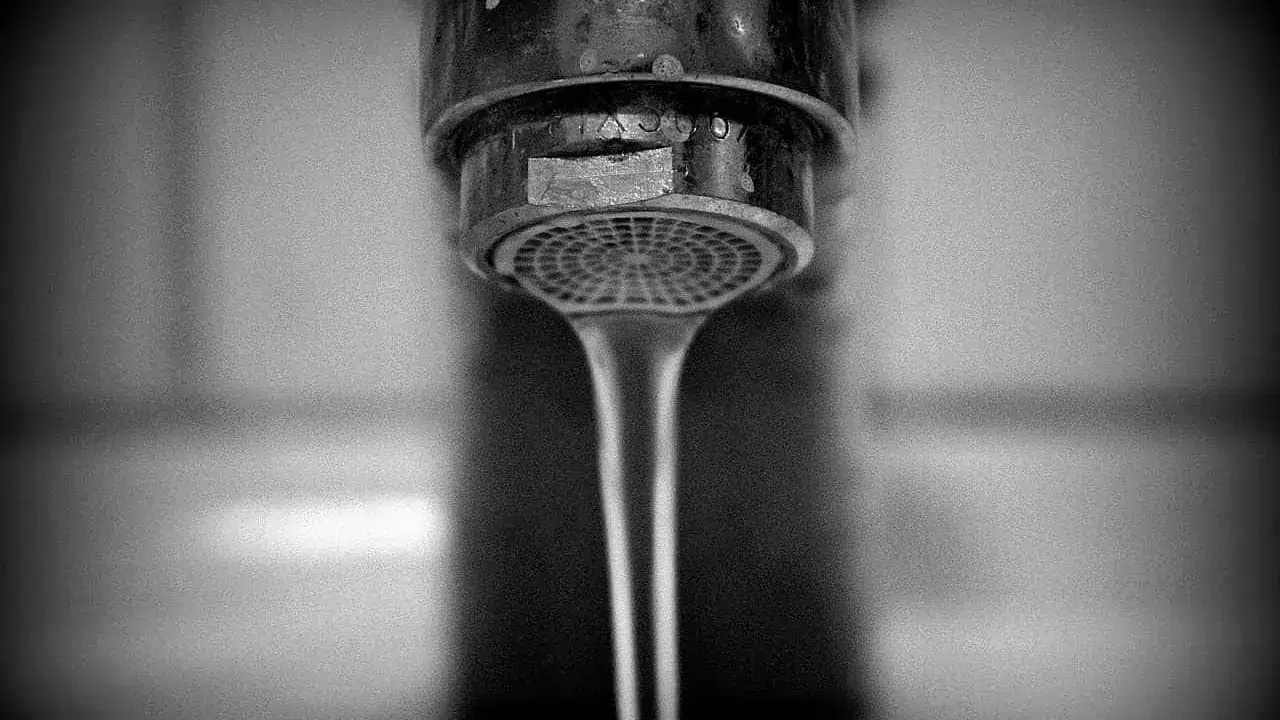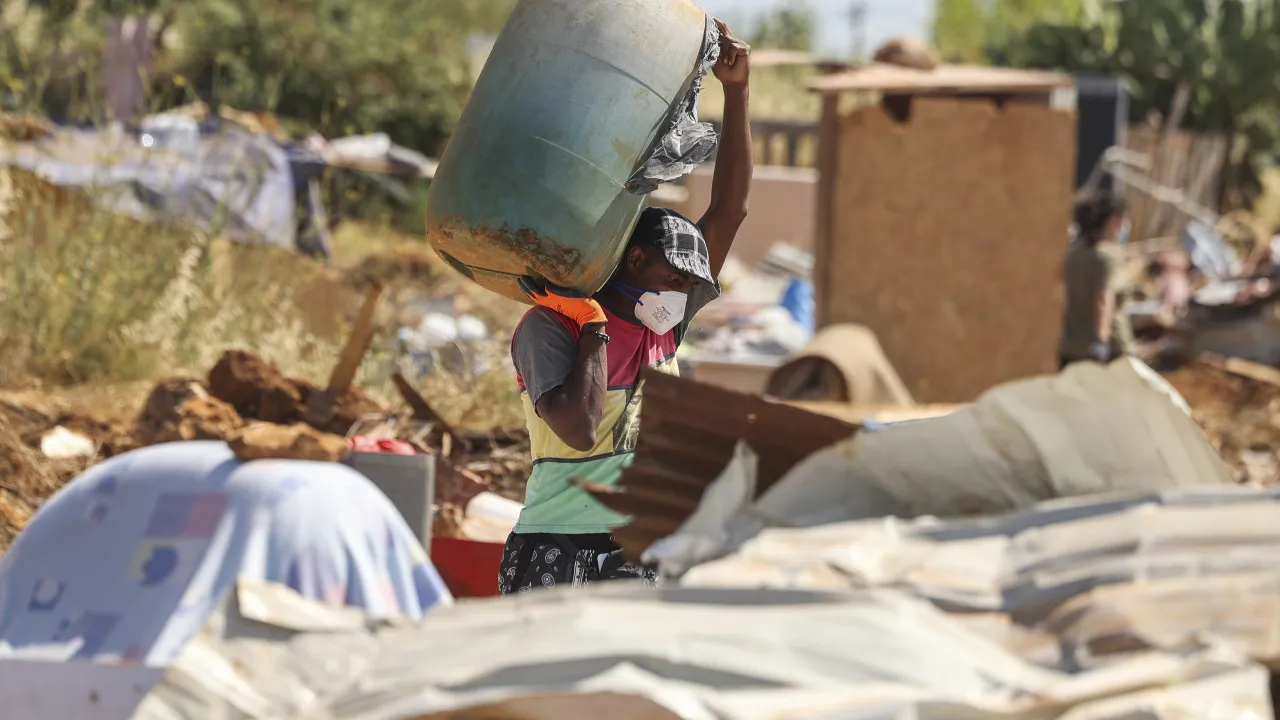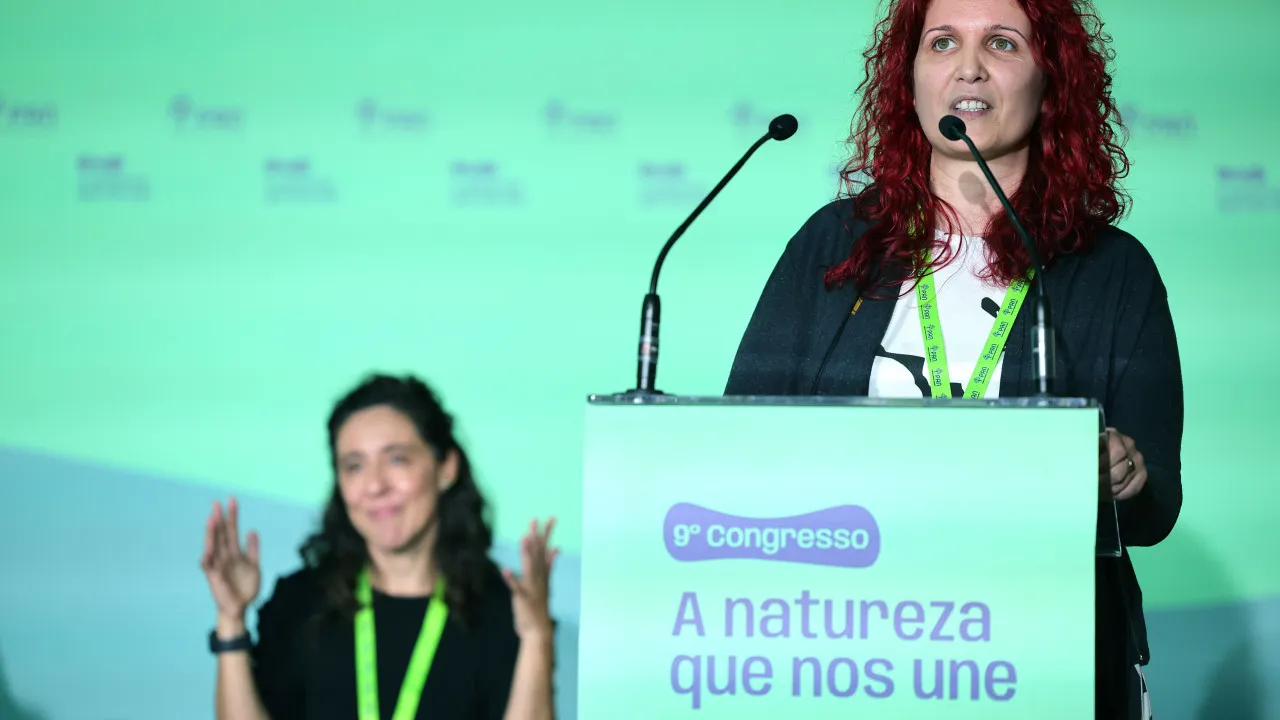
In light of the upcoming implementation of a new Water Services Tariff Regulation by the Water and Waste Services Regulation Authority (ERSAR), the Portuguese Association of Environmental Sector Companies (AEPSA) sees this as an ideal moment to initiate changes within the water sector, which has been stagnant in terms of efficiency and service quality.
In an interview, AEPSA President Eduardo Marques underscored the urgent need for profound changes, adhering to the principle of “user pays.”
Marques stressed the importance of updating tariffs, noting that the prices set by some municipalities are not reflective of real costs.
He highlighted that the sector is heavily reliant on subsidies, which stifles innovation and adoption of new technologies, resulting in stagnation.
Initially, ERSAR was responsible for publishing the tariff regulation for water and waste services, but in 2021, the Socialist Government transferred this authority to the municipalities.
In October, the previous Democratic Alliance Government reinstated ERSAR’s authority over tariff setting, drawing criticism from the Socialist Party and concern from some municipalities.
From next year, following local elections, ERSAR will resume setting tariffs for public systems and will also be able to make proposals and recommendations for private systems. The process is currently in the market consultation stage.
Eduardo Marques called this “an excellent opportunity” to enact meaningful changes in the sector.
Last year’s Annual Water and Waste Services in Portugal Report (RASARP) highlighted the sector’s stagnation, reinforcing the need for modernization, Marques pointed out, noting a lack of positive change over the past decade.
“In our view, a primary reason for this stagnation is the financial instability of most sector entities,” particularly those managing supply to households.
“About two-thirds of these management entities do not cover operational costs, let alone investments,” said Marques.
According to AEPSA, these entities rely on municipal budget support, government funds, and European subsidies or accumulate losses that future generations will bear.
Thus, Marques advocates for a 50% increase in water prices, stating, “Tariffs cannot be political; they must have technical and social backing.”
However, he supports a social tariff for those unable to afford a standard rate.
Marques emphasized the need to recognize the cost of having quality water and sanitation, estimating the price at approximately 30 cents per person per day: “About one-third the cost of a coffee.”
He referenced the 2030 Strategic Plan for Water Supply, Wastewater, and Stormwater Management (PENSAARP2030), noting its recommendation of an average 50% tariff increase, albeit not universally applicable.
Private management entities, about 20% of the total, already have tariffs set through public tender with predetermined revision mechanisms.
Public entities benefiting from operational subsidies will need to increase rates, fulfilling the “user pays” principle.
While recognizing that water rate increases may not be politically popular, Marques argued it’s essential to comply with regulations ensuring financial and environmental sustainability while respecting municipal autonomy.
“ERSAR won’t dictate a specific increase for a municipality. It has to be negotiated with municipal autonomy,” said Marques.
He argued that competition is the best way to ensure fair, sustainable, and socially appropriate tariffs.
For example, a firm might assess its workforce, facilities, and need for a 20-million-euro investment, then determine a market-driven tariff, which Marques described as the most accurate method.
However, Marques noted a subsidy dependency among most management entities, hindering modernization because of reliance on public funding.
He stressed the need for gradual water cost increases to enable investment and innovation, avoiding mere reactive measures.
“As stakeholders – private, public, regulatory, state, and especially municipalities – we must convey to the public that water is an essential, future-oriented resource and carries a cost,” Marques stated.
He lamented the resistance to raising a water bill by five or ten euros while there are no complaints about paying for a sports channel.
Water and sanitation services in Portugal represent 10% of the overall costs of various services like electricity or television, Marques noted, cautioning, “When something is too cheap, it leads to waste and inefficiency.”




